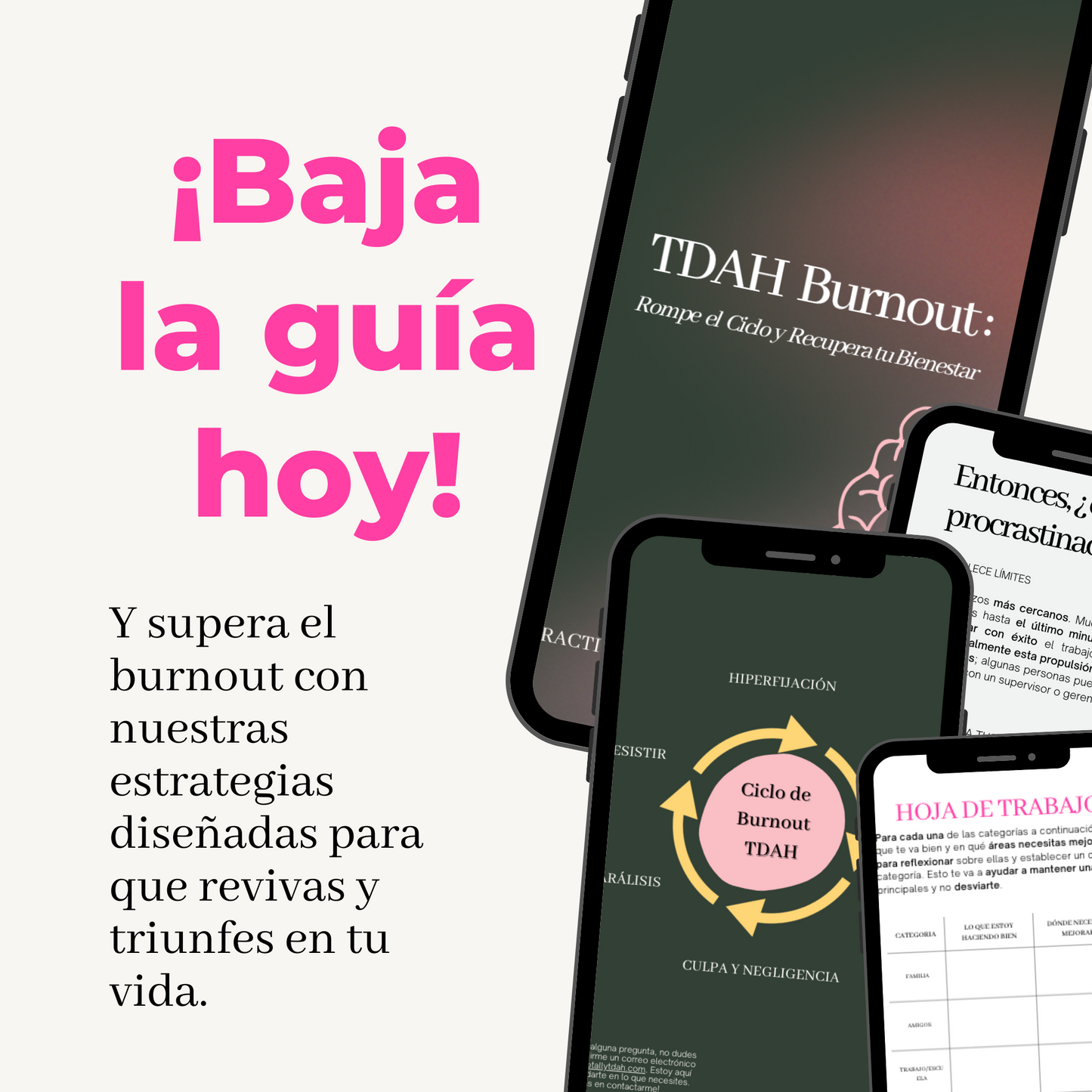It's 2:00 in the morning and you can't get back to sleep. You stay awake until 3:00 am, and at 7:00 am you have to get up for work. This scenario, or something similar, is a common experience for those of us with ADHD.
In this blog, we will explore the relationship between ADHD and sleep, and I will provide strategies that have helped me improve the quality of my rest.
ADHD and Sleep
ADHD can contribute to the onset of sleep problems for several reasons:
Hyperactivity and Restlessness
People with ADHD may have trouble relaxing and falling asleep due to their constant restlessness and difficulty staying still.
Impulsivity
The tendency to act without thinking can lead to behaviors that negatively impact sleep, such as staying up late without considering the consequences.
Rapid Thoughts
Fast and disorganized thoughts can hinder the mental disconnection needed to sleep.
Changes in Circadian Rhythm
Some people with ADHD may have a more irregular circadian rhythm, which affects sleep regulation.
Strategies to Improve Sleep with ADHD
Next, we present some practical strategies to improve sleep quality if you have ADHD:
Establish a Sleep Routine
I know that setting routines can be tricky, but not impossible. Create a well-being system before going to bed. If you want to sleep at 10 at night, start getting ready and pampering yourself from 8.
Create a Relaxing Environment
Make sure your room is a quiet and comfortable space for sleeping. Maintain a pleasant temperature and reduce distractions to a minimum.
Limit Stimuli Before Sleep
Avoid using electronic devices or exposure to screens at least one hour before going to bed, as blue light can affect sleep.
Practice Relaxation Techniques
Incorporate techniques such as meditation, deep breathing, or yoga before going to bed to calm the mind and body.
Exercise Regularly
Physical activity can help reduce hyperactivity and stress, which in turn improves sleep quality.
Conclusion
ADHD can significantly impact sleep quality, but with proper strategies, it is possible to improve rest and promote overall well-being. Establishing a sleep routine, creating a conducive environment, and applying relaxation techniques can help people with ADHD enjoy restful sleep and face the day with more energy and mental clarity. If sleep problems persist, it's essential to consult a healthcare professional for personalized guidance and support. A good night's sleep can make a significant difference in the life of someone with ADHD.


